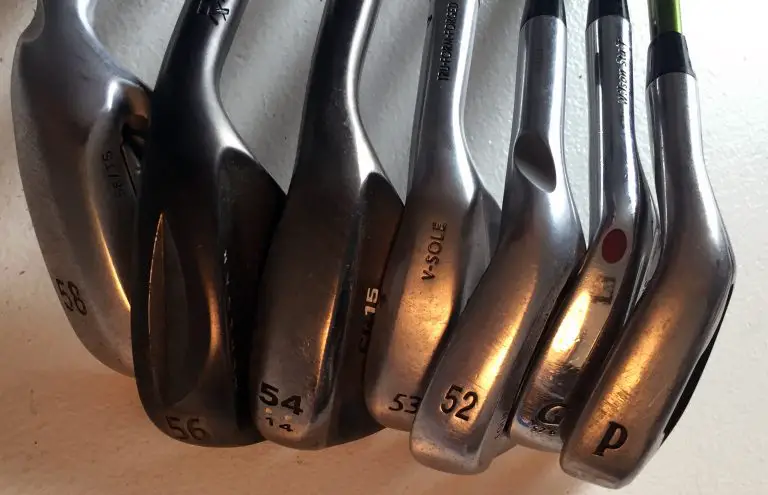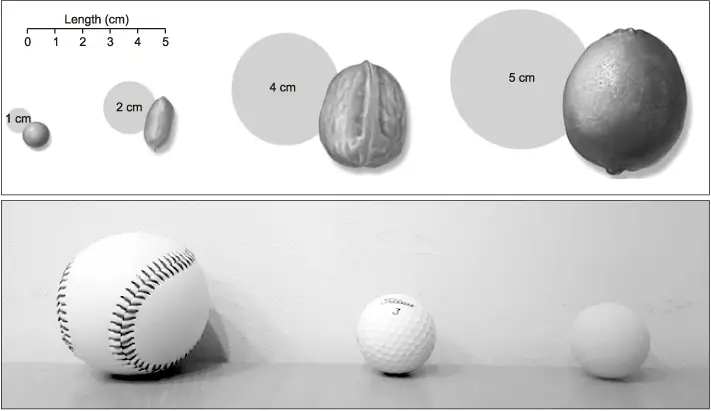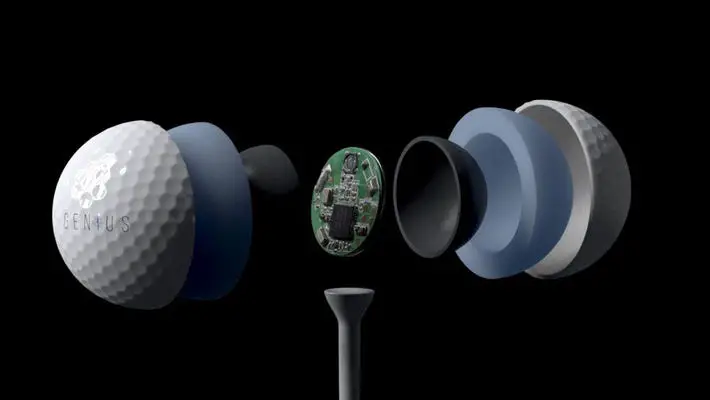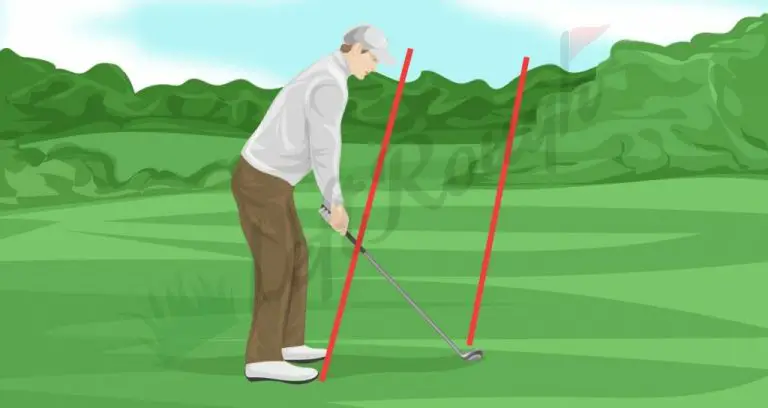How Accurate Are Golf Simulators
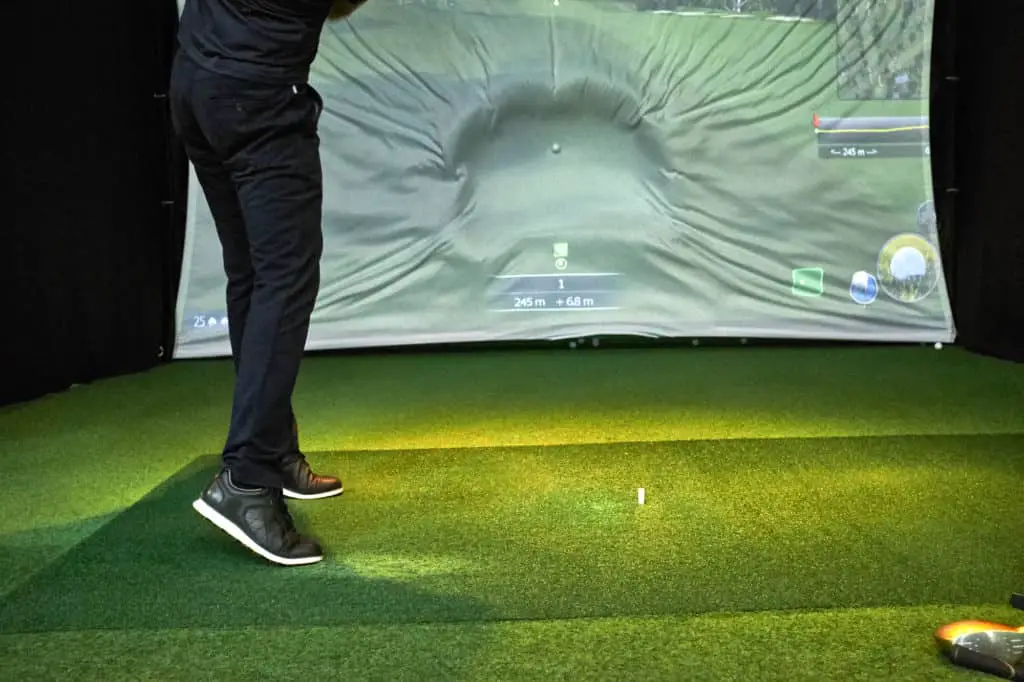
Golf simulators have become increasingly popular in recent years as an alternative to traditional golfing. These simulators allow golfers to practice their swing and play virtual rounds of golf in the comfort of their own home or office, without the need for a real golf course. However, one of the biggest concerns for golfers is the accuracy of these simulators.
Accuracy is an essential factor for golfers as it allows them to get a better understanding of their swing and ball flight. Golf simulators use advanced technology to simulate a golf course, but can they provide accurate data that can be relied upon to improve your game?
In this article, we’ll take an in-depth look at the accuracy of golf simulators. We’ll explain how these simulators work, the factors that can affect their accuracy, and how they compare to real-life golfing. We’ll also provide tips on how to calibrate and maintain your golf simulator to ensure optimal accuracy, and offer guidance on how to choose the right golf simulator for your needs.
By understanding the accuracy of golf simulators, you’ll be able to make an informed decision on whether they are a suitable option for your practice and gameplay. Let’s dive into this comprehensive guide on the accuracy of golf simulators.

How Golf Simulators Work
Golf simulators use advanced technology to simulate a golf course and allow golfers to practice their swing and play virtual rounds of golf. The basic components of a golf simulator include a launch monitor, projection screen, and hitting mat. Some golf simulators may also include additional features such as ball retrieval systems and swing analysis software.
The accuracy of golf simulators is largely determined by the quality of their sensors. The sensors in a golf simulator measure various data points, such as the ball speed, launch angle, and spin rate, to provide accurate ball flight data. This data is then processed and displayed on a screen, allowing golfers to see the trajectory of their shots and the results of their swings.
Factors That Affect the Accuracy of Golf Simulators
There are several factors that can affect the accuracy of golf simulators. One of the most critical factors is the quality of the sensors used in the simulator. High-quality sensors can provide accurate data, while lower-quality sensors may produce inaccurate or inconsistent results.
Other factors that can affect the accuracy of golf simulators include lighting conditions, the type of hitting surface, and environmental factors such as wind or temperature. Golf simulators may also have limitations when it comes to simulating certain aspects of real-life golf, such as uneven lies or the impact of different grass types on ball spin.
Comparing Golf Simulator Accuracy to Real-Life Golfing
While golf simulators can be a useful tool for golfers, they are not a perfect substitute for real-life golfing. Golf simulators can provide accurate data on ball flight and swing mechanics, but they may not be able to replicate the feel of hitting a real golf ball on a real golf course.
One advantage of golf simulators is that they can allow golfers to practice their swing and experiment with different clubs and shots in a controlled environment. Golf simulators can also be a convenient option for golfers who don’t have access to a golf course or who want to practice during inclement weather.
However, golf simulators may have limitations when it comes to replicating the conditions of real-life golfing. For example, golf simulators may not be able to accurately simulate the effects of wind or rough terrain on ball flight.
Calibration and Maintenance of Golf Simulators
Calibration and maintenance are critical to ensuring the accuracy of golf simulators. Calibration involves adjusting the sensors in the simulator to ensure that they are providing accurate data. Maintenance involves regularly cleaning and inspecting the simulator to ensure that it is functioning properly.
The calibration process for golf simulators can vary depending on the manufacturer and model. Generally, calibration involves hitting a series of balls while the simulator measures the ball flight data. The data is then compared to the known values for the ball and club being used, and adjustments are made as needed.
Regular maintenance of the simulator can also help to ensure accuracy. Golfers should regularly clean the sensors and hitting surface, and check for any damage or wear and tear on the simulator components.
How to Choose a Golf Simulator
When choosing a golf simulator, several factors should be considered. One of the most important factors is your budget. Golf simulators can range in price from a few hundred dollars to tens of thousands of dollars, depending on the features and quality of the components.
Another factor to consider is the accuracy and features of the golf simulator. Look for a simulator that uses high-quality sensors and provides accurate ball flight data. Consider the features you need, such as swing analysis software or the ability to play virtual rounds of golf.
The size and space requirements of the golf simulator are also important. Make sure you have enough room to set up the simulator and swing your golf clubs without obstruction.
Finally, consider the brand and customer support for the golf simulator. Look for a brand that has a good reputation for quality and reliability, and make sure that customer support is available if you need assistance with the calibration or maintenance of your simulator.
Conclusion
In conclusion, golf simulators can be a useful tool for golfers looking to practice their swing and play virtual rounds of golf. However, the accuracy of golf simulators can vary depending on several factors, including the quality of the sensors and the conditions in which the simulator is used. To ensure optimal accuracy, golfers should calibrate and maintain their simulators regularly.
When choosing a golf simulator, consider your budget, the accuracy and features of the simulator, the size and space requirements, and the brand and customer support. With the right golf simulator, you can improve your game and enjoy golfing all year round.

